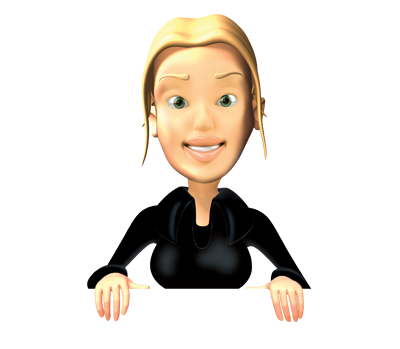Every week, around 500 children under five are rushed to hospital because it’s thought they have swallowed something poisonous. Most poisoning accidents involve medicines, household products and cosmetics. The most common form of poisoning is from medication.
-
Keep medicines high up and out of reach.
-
Keep anything that may be poisonous out of reach - this includes all medicines and pills, alcohol, household cleaners, liquid washing tablets and garden products, preferably in a locked cupboard.
-
Use containers that have child-resistant tops - be aware that by the age of three, many children are able to open child-resistant tops.
-
Keep all dangerous chemicals in their original containers - for example, do not store weedkiller in an old drinks bottle as a young child may mistake it for something safe to drink.
-
Discourage your children from eating any plants or fungi when outside. Avoid buying plants with poisonous leaves or berries.
-
Keep alcohol out of the reach of children.

If you have young children, be extra careful when you have guests to stay or when you go to visit other people. If your friends and relatives do not have children, they may not think to keep certain items out of the reach of children and their homes may not be child friendly. Children need to be kept an eye on and you may wish to politely ask for items such as alcohol, medicines and cigarettes to be kept out of their reach.
Even a small amount can cause alcohol poisoning in children. Alcohol affects the central nervous system and symptoms can include confusion, vomiting and seizures. The child may have difficulty breathing and flushed or pale skin. Alcohol impairs the gag reflex, which can cause choking. If your child has drunk alcohol, act quickly to get your child to hospital.
Keep medicines well out of reach and out of sight of young children. Put them in a high cupboard, a cupboard fitted with a child-resistant catch, a lockable cabinet, or even a lockable suitcase. If a medicine needs to be kept in the fridge, keep it as high up and hidden as possible.
Don’t keep them:
1
You think your child has swallowed a harmful medicine, chemical or batteries.
2
Find the bottle or packet and take it with you when you seek medical help.
3
Act quickly to get your child to hospital.


